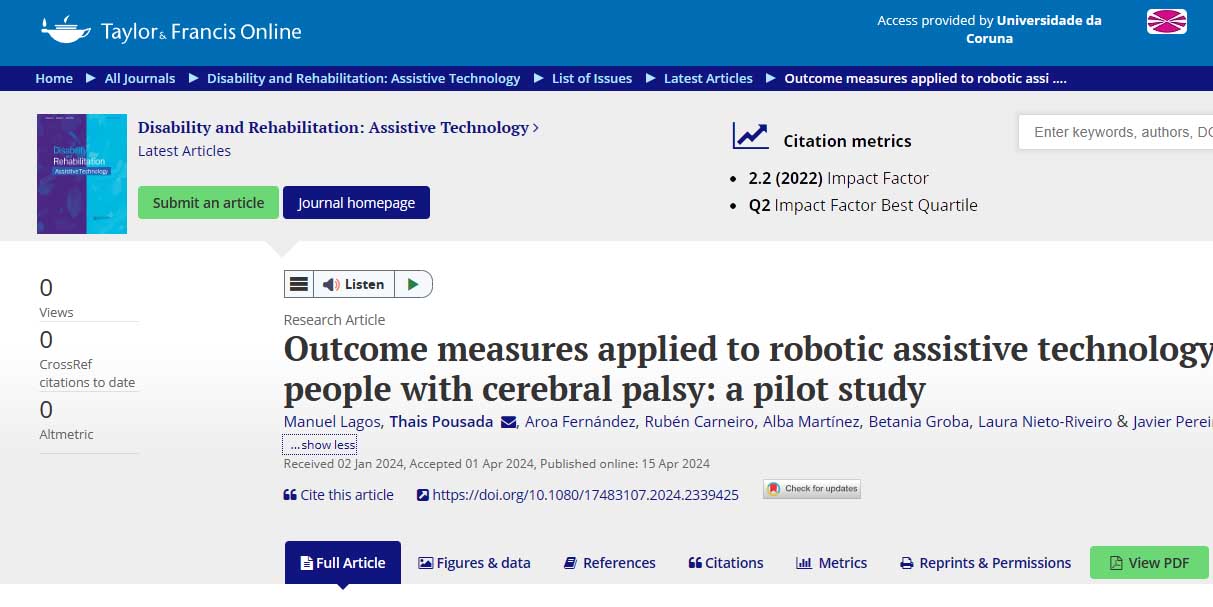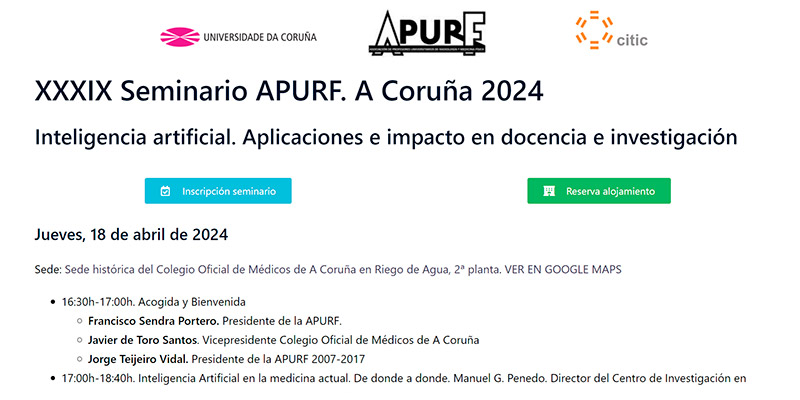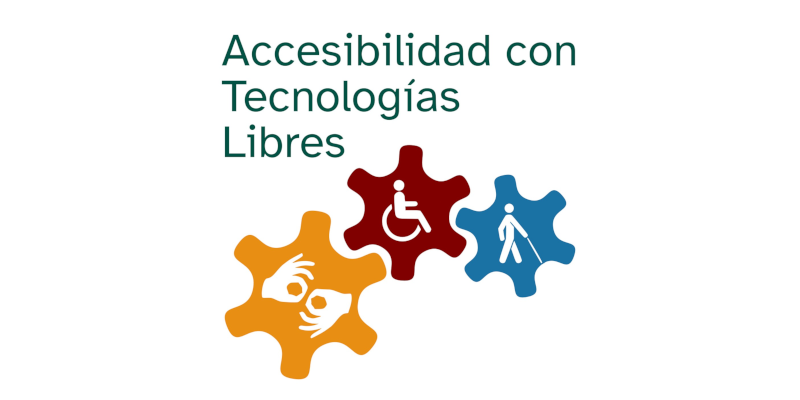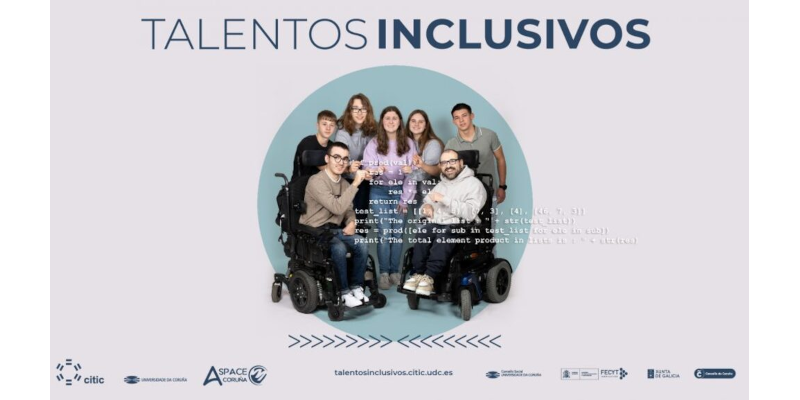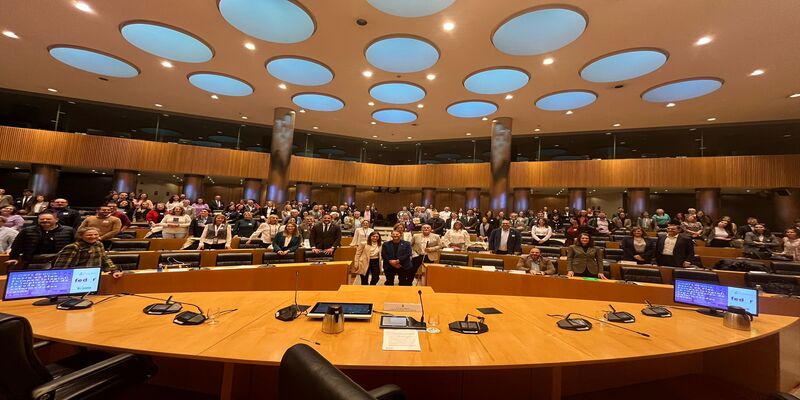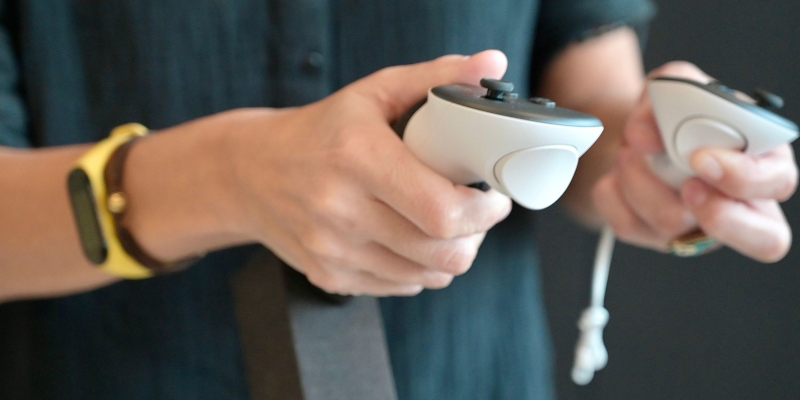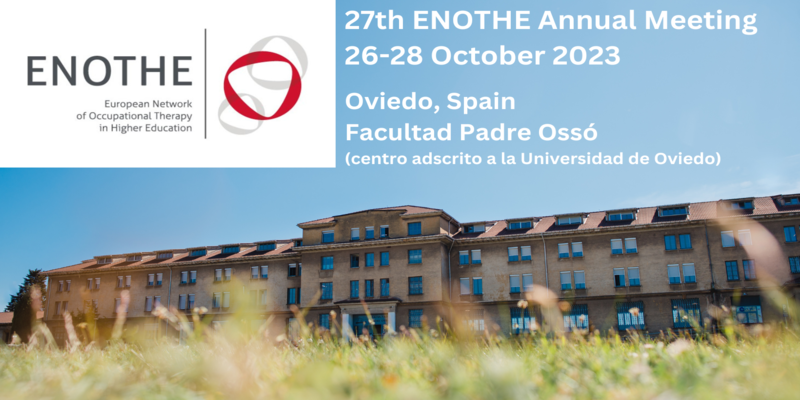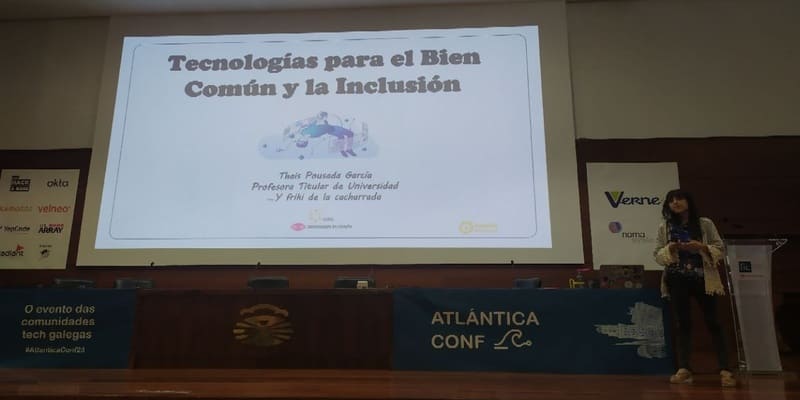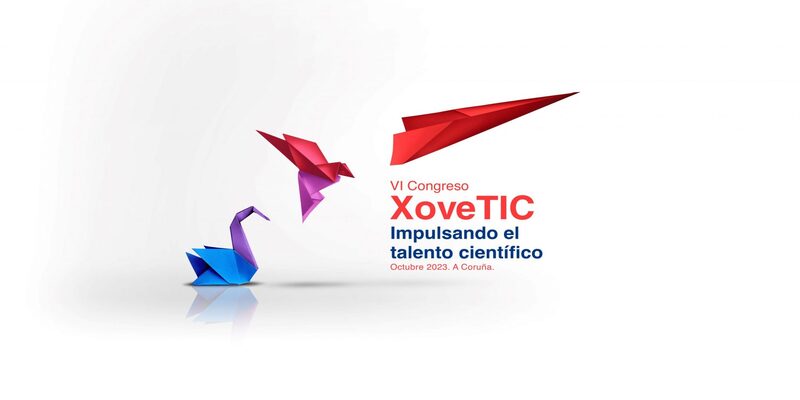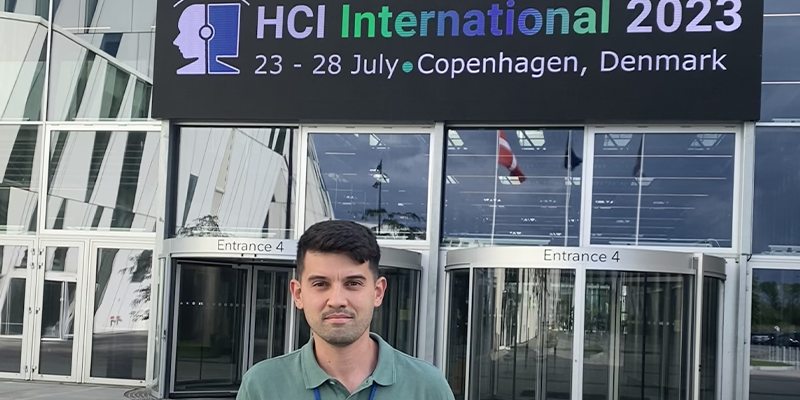Outcome measures applied to robotic assistive technology for people with cerebral palsy: a pilot study
The application of robotic devices is being used as Assistive Technology (AT) for improving rehabilitation interventions. The purposes of this research were to (1) test a novel low-cost robotic AT to support interventions for people with Cerebral Palsy (CP); (2) determine its usability; and (3) analyze its impact. It was a pilot study with prospective, longitudinal and analytical cohorts was done. Intervention was developed in one association (NGO) of people with CP. Participants were 6 women and 3 men with CP, with a mean age of 51.67. Intervention with LOLA2 (a robotic platform, not wearable, equipped with artificial intelligence) was implemented for training some activities of daily life (ADL) of participants. Functional Independence Measure (FIM), Psychosocial Impact of Assistive Technology Scale (PIADS), and Assistive Technology Device Predisposition Assessment (ATPA) were used for outcome measures. Level of participants’ independence was high (FIM = 98). Psychosocial impact of the robotic platform in terms of competence (M = 0.25), adaptability (M = 0.33), and self-esteem (M = 0.25), was positive, but low. The mean in ATDPA (M = 3) reflects a moderate match. No significant variations concerning the changes in functional independence were detected. The robotic platform is applicable and complementary AT for rehabilitation. This study leads to implementing some improvements in its design, proposed activities, human-robot interaction, and system for registering information.

